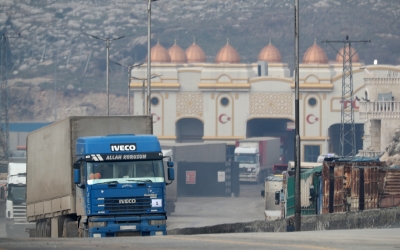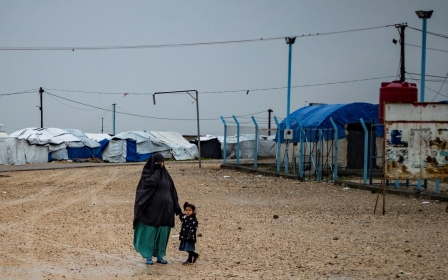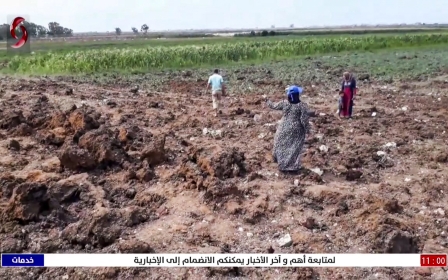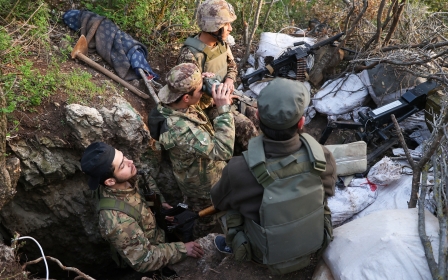UN Security Council at impasse over cross-border Syria aid
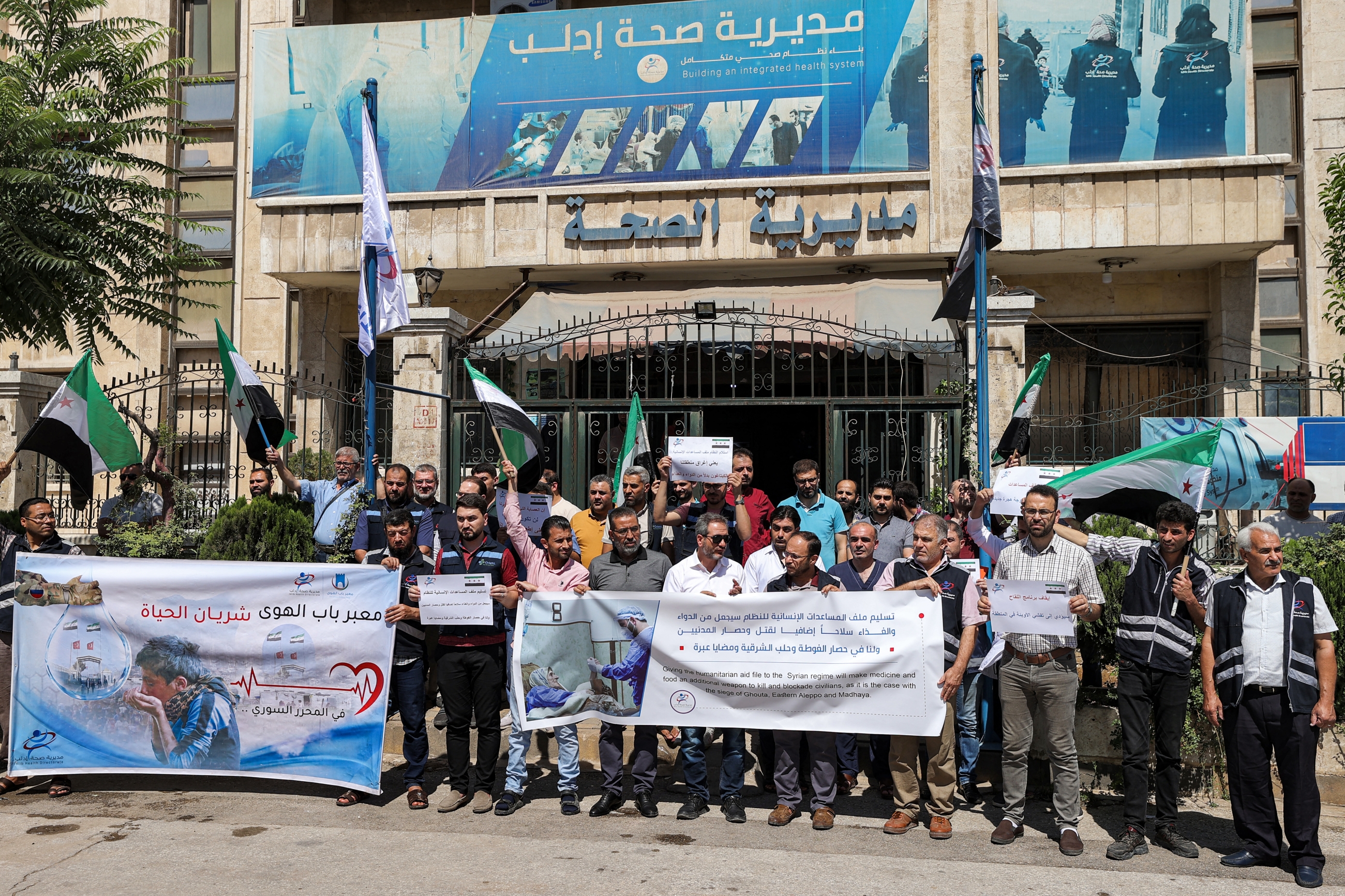
Russia on Friday vetoed a UN Security Council resolution that would have extended cross-border aid to Syria by one year without the backing of Damascus.
The authorisation for aid deliveries across the Syrian-Turkish border at Bab al-Hawa, which has been in effect since 2014, is set to expire on Sunday.
Thirteen of the 15 council members voted in favour of the text. China, which often votes the same way as Russia, chose to abstain.
The resolution, originating with Norway and Ireland, would have provided for a six-month extension until mid-January 2023, and then an additional six-month extension "unless the council decides otherwise".
The extension would also be conditional on a "substantive report" by the UN secretary-general, including on the operation's transparency, progress on channelling aid across the front line, and progress on meeting humanitarian needs.
That text was already "an extreme compromise," said Linda Thomas-Greenfield, the US ambassador to the UN, accusing Russia of putting its "own political interests above the humanitarian needs of the Syrian people".
"This is a life and death issue. And tragically, people will die because of this vote and the country who shamelessly deployed the veto," she said.
The council then voted on a separate proposal by Russia, Syria's main backer, to approve the UN operations at the border for six months. The plan included measures to push for broad international reconstruction efforts in Syria.
The effort failed, with only Russia and China voting in favour, while the United States, United Kingdom and France voted against it. The remaining 10 council members abstained.
"This page of history has finally been turned and cannot be turned back," Russia's Deputy UN Ambassador Dmitry Polyanskiy told the council after the second vote, adding that Moscow would continue to provide aid to Syria "with respect for its sovereignty and territorial integrity".
Western countries have argued that six months does not leave aid groups enough time to plan and conduct their operations.
The Security Council has until Sunday to find common ground before the current resolution expires.
Russia tensions loom large
More than 1,000 truckloads of aid pass through the Bab al-Hawa border crossing between Syria and Turkey each month, serving the 2.4 million people living in Syria's northwest Idlib region, one of the last bastions of rebel-held territory in the country.
The humanitarian situation in Syria after 11 years of conflict is particularly dire. According to the UN, the poverty rate stands at 90 percent, with 14.6 million people dependent on humanitarian aid.
The UN has called the Bab al-Hawa crossing "essential" for its ability to deliver aid into the war-torn country. Last month, UN Secretary-General Antonio Guterres urged the council to extend the opening telling the body: "We cannot give up on the people of Syria."
Moscow, the primary backer of Bashar al-Assad's Syrian government, has already used its veto power on the Security Council, along with China, to shut down crossings from Jordan, Iraq and Turkey that the UN established to ensure aid reached civilians across all lines of the conflict.
Russia claims that Damascus is capable of distributing all international aid and that crossings in rebel-held territory are a violation of the government's sovereignty.
The fate of the critical border crossing is ensnared in the downward spiral of relations between Russia and the West. Middle East Eye reported in March that analysts and NGO officials had warned US lawmakers that Russia may look to shut down the corridor in response to tensions over the war in Ukraine.
Middle East Eye propose une couverture et une analyse indépendantes et incomparables du Moyen-Orient, de l’Afrique du Nord et d’autres régions du monde. Pour en savoir plus sur la reprise de ce contenu et les frais qui s’appliquent, veuillez remplir ce formulaire [en anglais]. Pour en savoir plus sur MEE, cliquez ici [en anglais].


